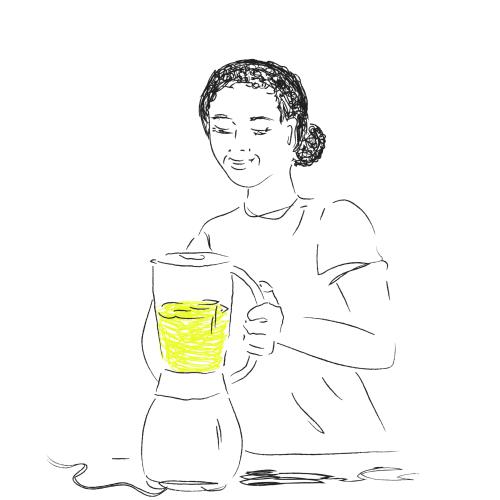"WeLight showed a proactive and hands-on approach from the start"
Signature(s)
Summary sheet
- Energy - Electricity, gas, steam and air conditioning supply
The project will finance minigrids in Madagascar to households, business and other infrastructure facilities without access to reliable electricity supply
The electrification programme will generate a significant social, development and environmental impact, while providing a sustainable and reliable supply to un-served or under-served local communities that are currently relying on polluting and expensive fossil fuels.
Although the mini off-grids to be financed are likely to be small, the promoter is required to implement them ensuring that the Environmental and Social Impact Assessment is carried out, in conformity with national law and the EIB environmental and social standards. To that end, the EIB has also assessed the promoter's capacity, approach and procedures to implement the project in line with the EIB's environmental and social standards.
The promoter has to ensure that implementation of the project is done in accordance with the EIB's Guide to Procurement.
Documents
News & Stories
Inside the project
How and Why
A solution for rural Africa
Why
- Madagascar is one of the poorest countries in the world
- Accelerating energy inclusion in rural Africa improves the lives of hundreds of thousands
- Investment in difficult business environments and riskier markets
- Extending the national grid is not financially viable and not likely to happen in the medium term
How
- Solar mini-grids are the most cost-effective option for rural electrification in Madagascar
- The mini-grids will comprise a solar PV system, battery energy storage, an electricity distribution network, and a meter for each consumer
- Electricity is available 24 hours a day, 7 days a week, with power covering the needs of villages, both residential and professional
Sectors & Countries
PLAY VIDEO
3:06

"My life is getting easier and better "
Related media
Fairness in the favelas
How to move it, move it
Solar power for rural Africa
Related projects and stories
New platform to boost support for EU regions most affected by the war in Ukraine
Tomorrow, the Commission will be hosting the launch of a new initiative to provide easier access to lending support to EU Member States bordering Russia, Belarus and Ukraine. This initiative, titled ‘EastInvest Facility', is at the core of the strategy for the EU's eastern regions bordering Russia, Belarus and Ukraine adopted last week by the Commission to help these regions tackle the challenges they face in the wake of Russia's war of aggression against Ukraine.
Superpower Europe
From clean energy to defence and innovation, Europe is reinforcing its economic and strategic strength through investment, integration and global partnerships.
Better Schools for All initiative kicks off a new chapter in Montenegrin education sector
Under the European Investment Bank (EIB Global) and United Nations Office for Project Services (UNOPS) Enhancing School Infrastructure in Montenegro project, a nationwide assessment of 813 pre-school, primary and secondary schools in Montenegro has officially begun. Experts have launched the first site visits in Podgorica, marking the start of a comprehensive effort to check the quality, safety and inclusiveness of education facilities and ensure modern learning environments for pupils and teachers across the country.







